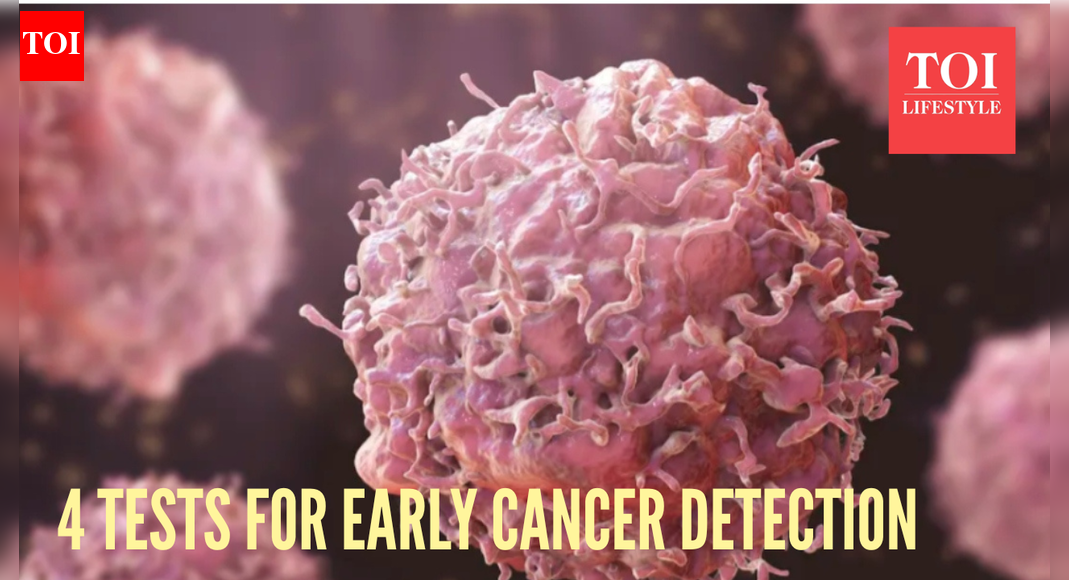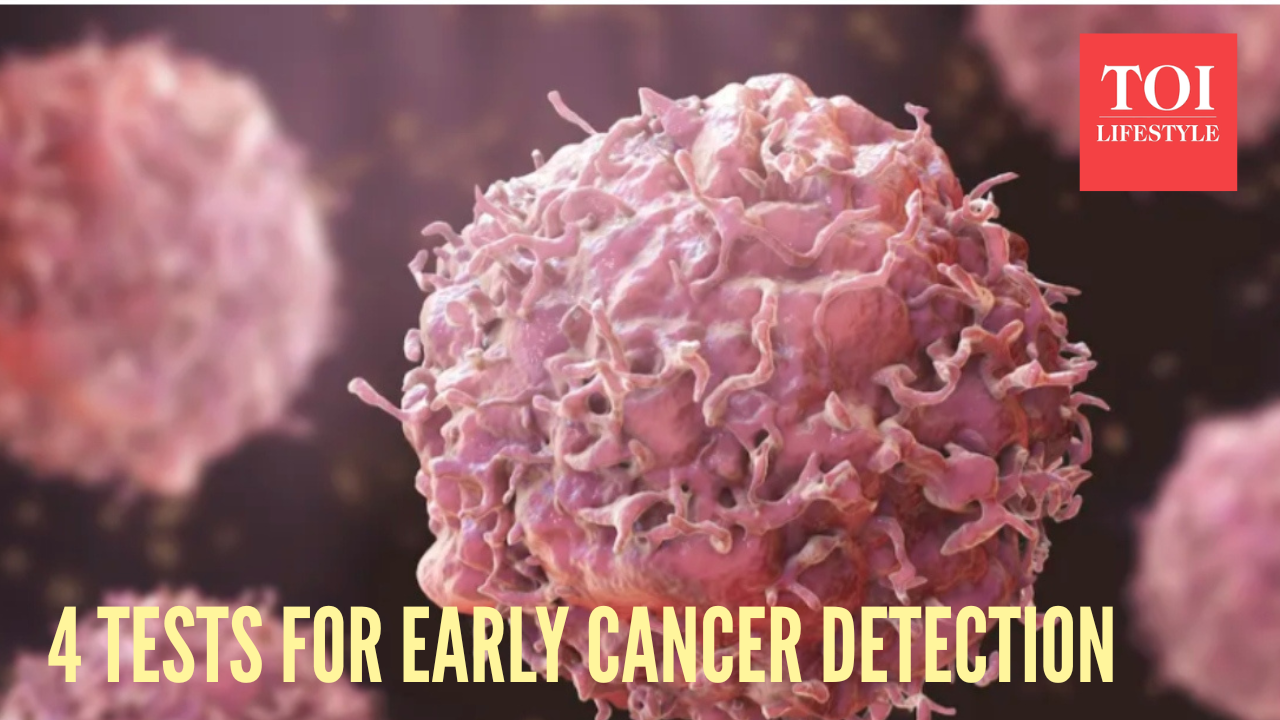
Genetic testing looks for inherited mutations in cancer‑predisposition genes such as BRCA1/2, TP53, and others that dramatically raise lifetime risk of breast, ovarian, colorectal and many other cancers. Unlike imaging or blood tests, this is usually done once (or a few times) in life, and can reveal risk long before any cells become precancerous, allowing screening and prevention to start earlier and be more intensive. Updated expert guidelines now advise broader use of hereditary cancer testing, including considering testing for anyone diagnosed with certain cancers under age 55 and for people with strong family histories or known syndromes like hereditary breast–ovarian–pancreatic or hereditary colorectal–endometrial–gastric cancer syndromes. When a mutation is found, doctors can tailor a risk‑reduction plan: for example, starting MRI breast screening at a younger age, doing annual colonoscopy, adding whole‑body MRI in some syndromes, or discussing preventive medications and, in selected cases, risk‑reducing surgery. Genetic information also helps family members, who can be tested and offered intensified screening before disease appears.








